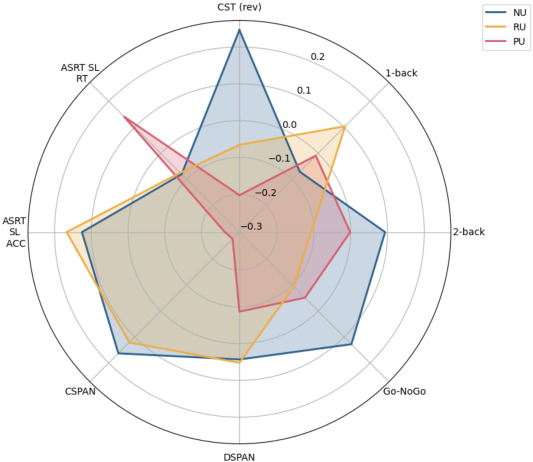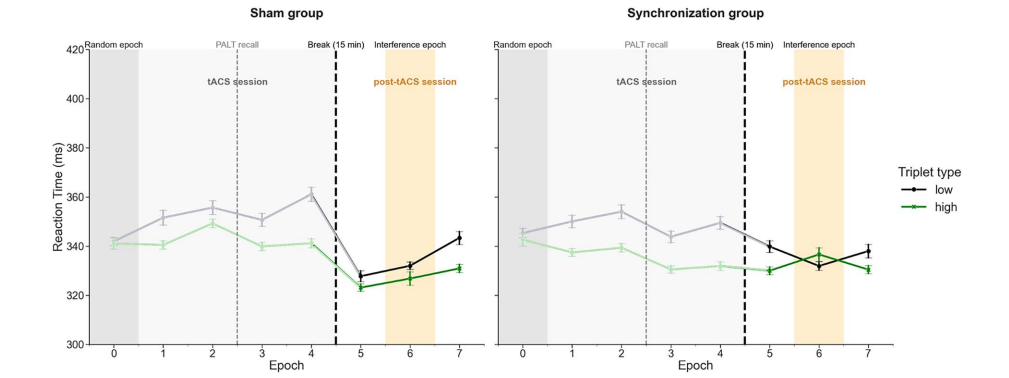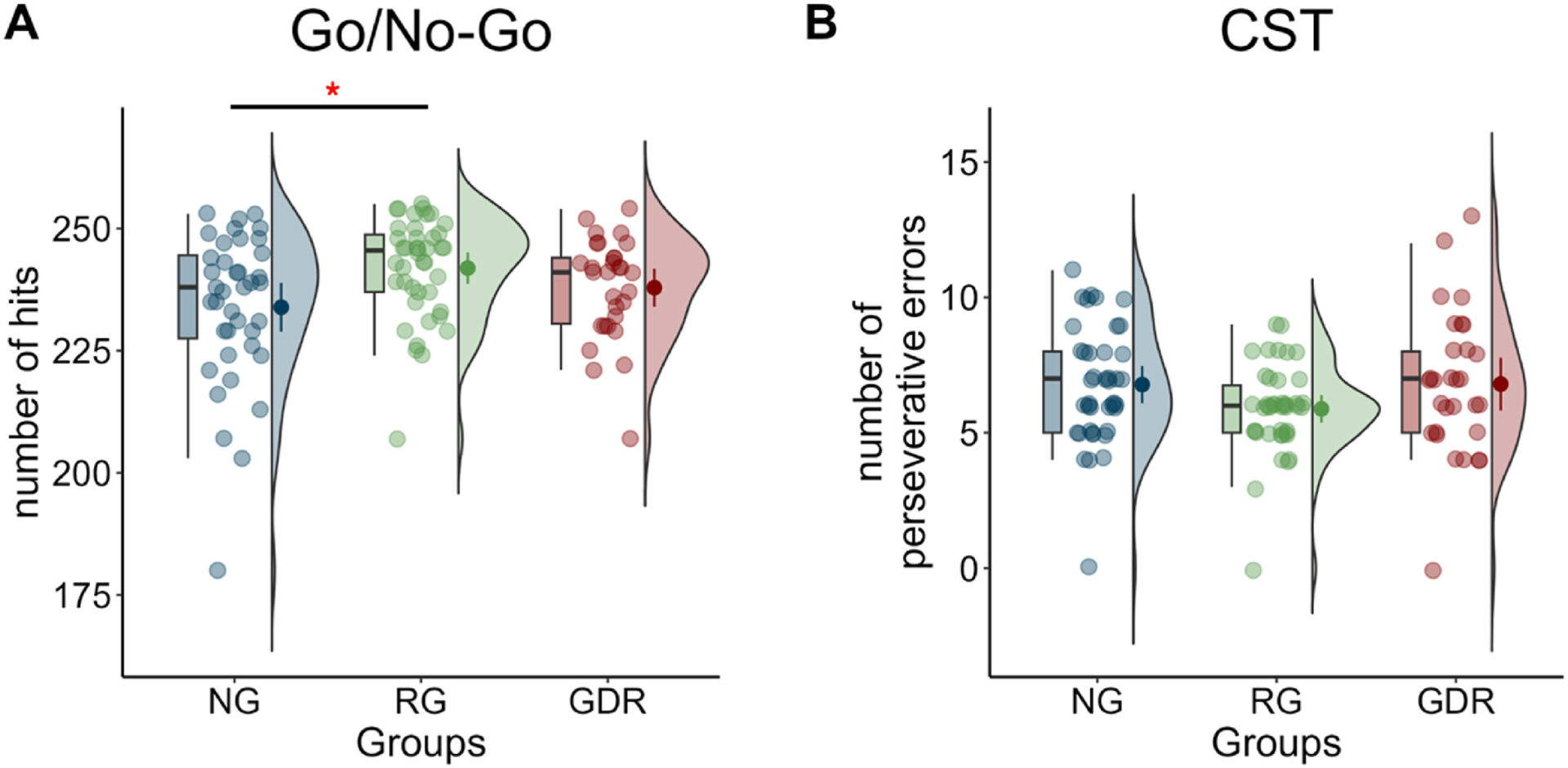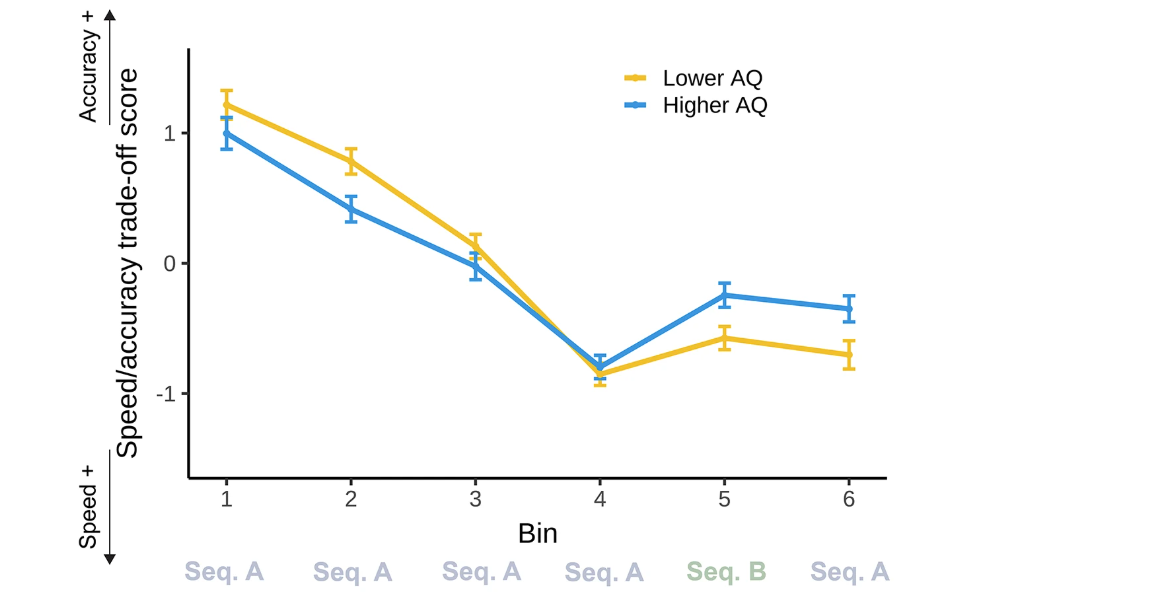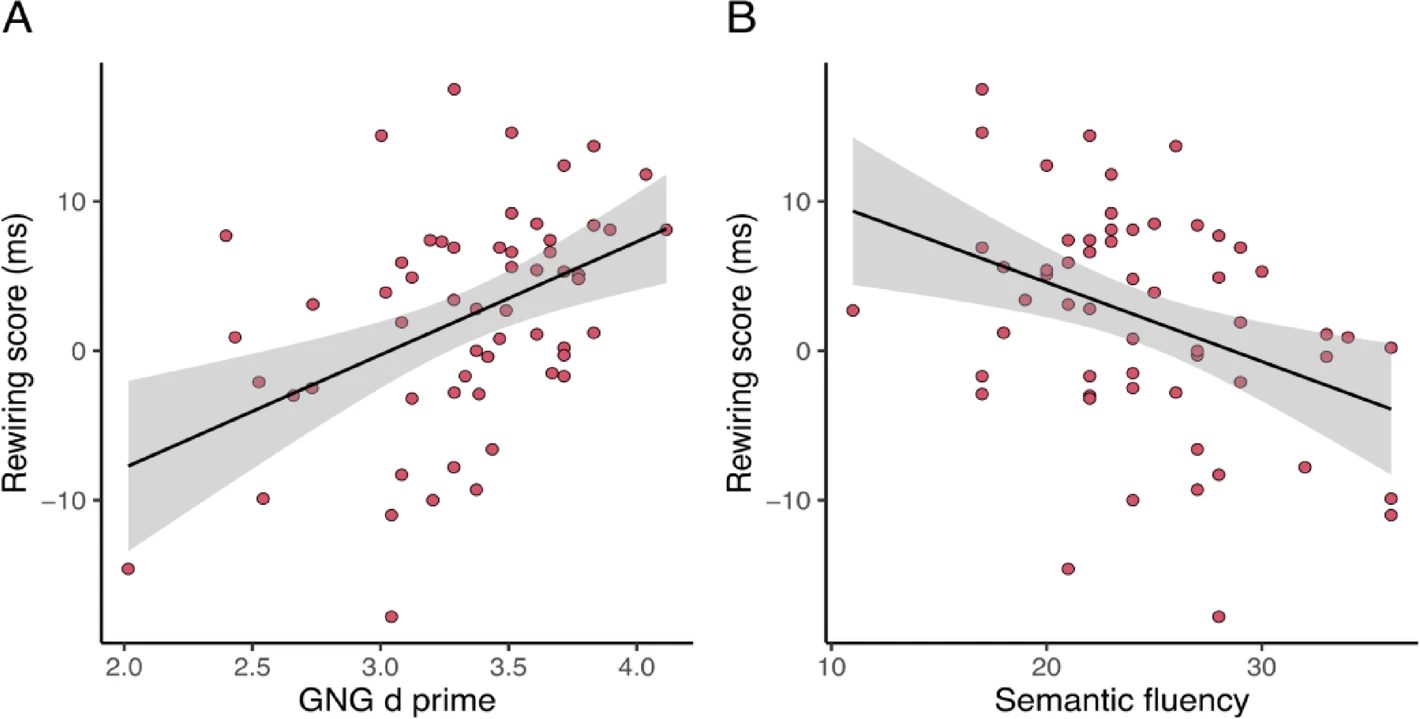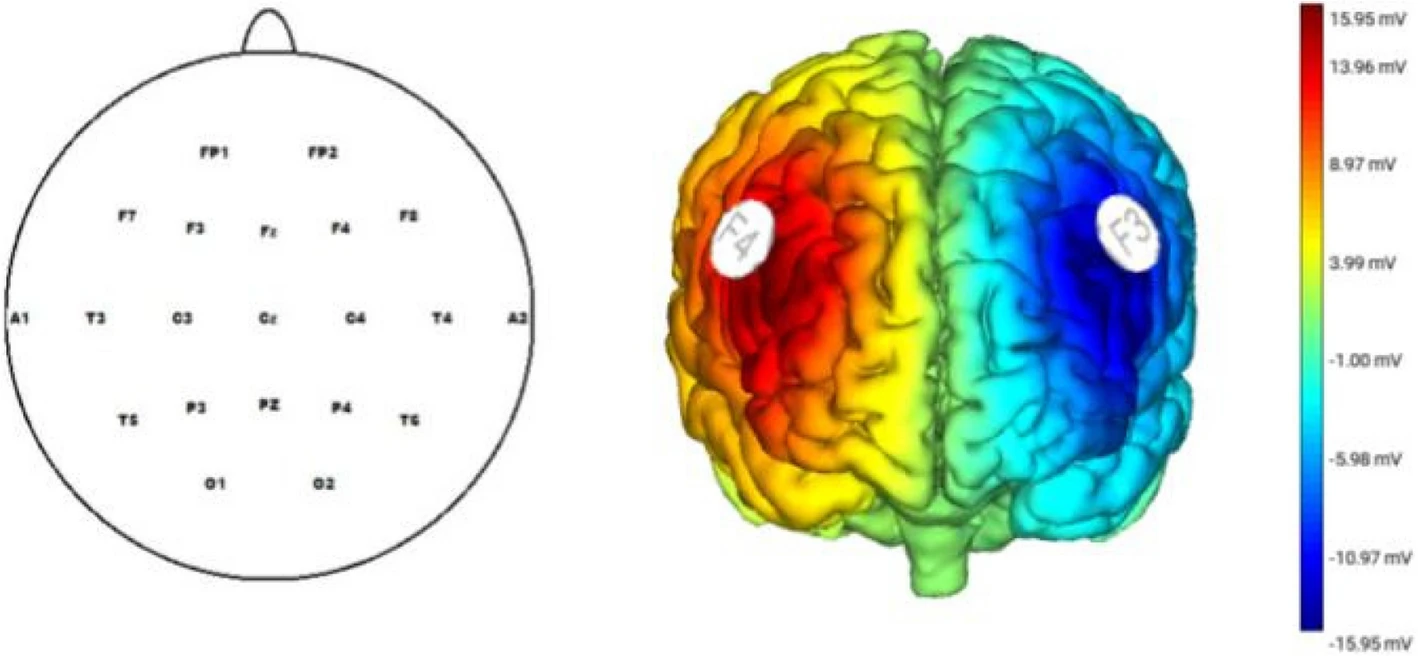NÉMETH LAB
MEMO - a Brain, Memory and Language Team
New publications
Pesthy, Z. V., Berta, K., Vékony, T., Farkas, B. C., Németh, D., & Kun, B. (2026). Dissociating the cognitive underpinnings of recreational cannabis use from problematic use. Comprehensive Psychiatry, 147, 152685.
“The specific cognitive mechanisms that differentiate cannabis use disorder from recreational use remain unclear. Prior research has typically examined cognitive functions in isolation; here, we provide the first comprehensive assessment of both controlled and automatic processes and their dynamic interplay across the spectrum of cannabis use disorder. To address this gap, we compared three groups: non-users (n = 43), recreational users (n = 36) and problematic cannabis users (n = 43), classified via the Cannabis Use Disorder Identification Test–Revised, on a comprehensive neuropsychological battery. Our results revealed a specific cognitive signature for cannabis use disorder severity, with the problematic user group showing a selective deficit only in complex working memory capacity compared to non-users. (..)”
Holczer, A., Pesthy, O., Vékony, T., Csifcsák, G., & Németh, D. (2026). Frontal theta synchronization facilitates the updating of statistical regularities, evidenced by predictive eye movements. Cerebral Cortex, 36(1), bhaf346.
Frontal midline theta oscillations are key neural markers for learning, set-shifting, and adaptive behavior, signaling cognitive control and the reorganization of neural representations. The present study explored how these oscillations mediate the extraction and updating of statistical regularities. We delivered 6-Hz in-phase or sham transcranial alternating current stimulation, synchronizing frontal midline theta during an eye-tracking probabilistic sequence learning task designed to test cognitive flexibility and assess changes in pre-stimulus gaze direction. A novel probabilistic sequence with a partially overlapping structure was introduced that allowed us to distinguish between the retention of old sequences and the acquisition of new ones. (…)
Németh, D., Tóth-Fáber, E., Farkas, B. & Janacsek, K. (2026). Revisiting Age-Related Changes in Statistical Learning: The Importance of Longitudinal Evidence. Cognitive Science, 50: e70174.
In a recent article in Cognitive Science, Rogachev et al. (2025) presented a cross-sectional investigation of visual statistical learning (SL) in children aged 3–9 years and concluded that implicit SL remains stable across early childhood. They cited our longitudinal study (Tóth-Fáber et al., 2024) as supporting this conclusion. Here, we clarify that this interpretation is incorrect. Using a longitudinal design tracking the same individuals from ages 7 to 14, we demonstrated a reliable developmental decline in implicit SL, along with substantial interindividual variability. We further showed that executive functions measured at age 14 predict individual developmental trajectories of SL, indicating a dynamic reorganization of learning systems with maturation. (…)
Berta, K., Pesthy, Z. V., Vékony, T., Farkas, B. C., Király, O., Demetrovics, Z., Németh, D., & Kun, B. (2025). Game On or Gone Too Far? Executive Functioning and Implicit Sequence Learning in Problematic vs. Recreational Gamers. Computers in Human Behavior, 108878.
Video gaming often sparks controversy, though negative effects are mainly linked to gaming disorder, not gaming itself. Research shows that gaming disorder correlates with reduced executive functioning and greater reliance on habitual processes, while recreational gaming may relate to enhanced cognitive functions. However, comprehensive comparisons of cognitive profiles across gaming behaviors remain scarce. We aimed to compare the cognitive functioning of non-gamers (NG), recreational gamers (RG), and gaming disorder risk individuals (GDR). (…)
Hann, F., Pesthy, O., Brezóczki, B., Vékony, T., Nagy, C. A., Sapey-Triomphe, L.-A., Tóth-Fáber, E., Farkas, B. C., Farkas, K., … Németh, D. (2025). Autistic traits relate to speed/accuracy trade-off but not statistical learning and updating. Scientific Reports, 15, 32001.
Cognitive and social alterations characterize Autism Spectrum Disorder (ASD), yet comprehensive explanations are challenged by ASD’s heterogeneity. One candidate framework is predictive processing, which posits that predictive processes are altered in ASD (e.g., slower internal model updating). We tested this framework using the spectrum approach, which suggests that subclinical autistic traits are continuously distributed in the general population, with most diagnosed individuals above a threshold. We recruited neurotypical adults (N = 296) to examine the relationship between autistic traits and predictive processing. (…)
Pedraza, F., Vékony, T., Farkas, B. C., Haesebaert, F., Phelipon, R., Mihalecz, I., Janacsek, K., Tillmann, B., Anders, R., Plancher, G., & Nemeth, D. (2025). The interplay between executive functions and updating predictive representations. Scientific Reports, 15, 30555.
Modifying habits, particularly unwanted behaviors, is often challenging. Cognitive research has focused on understanding the mechanisms underlying habit formation and how habits can be rewired. A key mechanism is statistical learning, the continuous, implicit extraction of probabilistic patterns from the environment, which forms the basis of predictive processing. However, the interplay between executive functions (EF) and the rewiring – or updating – of these probabilistic representations remains largely unexplored. To address this gap, we conducted an experiment consisting of four sessions: (1) Learning Phase – acquisition of probabilistic representations, (2) Rewiring Phase – updating these probabilistic representations, (3) Retrieval Phase – accessing learned representations, and (4) EF assessment, targeting five key aspects: attentional control, inhibition, working memory, flexibility, and verbal fluency. (…)
Akil, A. M., Cserjési, R., Németh, D., Nagy, T., Demetrovics, Z., & Logemann, H. N. A. (2025). The effect of transcranial direct current stimulation on frontal alpha asymmetry and visuospatial attention in food-reward contexts: A triple-blind randomized sham-controlled study. BMC Psychology, 13, 695.
Research indicates a connection between right frontal brain activity dominance and the inhibitory system. However, the underlying brain mechanism regarding attentional control remains unclear. In this preregistered experiment, we explored the association between frontal alpha asymmetry (FAA) — which is an electrophysiological measure of the difference in alpha power between the left and right dorsolateral prefrontal cortex — and the behavioral and brain activity components of attentional bias and disengagement, as observed in a visuospatial cueing (VSC) task. (…)
Simor, P., Vékony, T., Farkas, B. C., Szalárdy, O., Bogdány, T., Brezóczki, B., Csifcsák, G., & Németh, D. (2025). Mind wandering during implicit learning is associated with increased periodic EEG activity and improved extraction of hidden probabilistic patterns. Journal of Neuroscience, e1421242025.
Mind wandering, occupying 30-50% of our waking time, remains an enigmatic phenomenon in cognitive neuroscience. A large number of studies showed a negative association between mind wandering and attention-demanding (model-based) tasks in both natural settings and laboratory conditions. Mind wandering, however, does not seem to be detrimental for all cognitive domains, and was observed to benefit creativity and problem-solving. We examined if mind wandering may facilitate model-free processes, such as probabilistic learning, which relies on the automatic acquisition of statistical regularities with minimal attentional demands. (…)
Brezóczki, B., Farkas, B. C., Hann, F., Pesthy, O., Tóth-Fáber, E., Farkas, K., Csigó, K., Németh, D., & Vékony, T. (2025). Individual differences in probabilistic learning and updating predictive representations in individuals with obsessive-compulsive tendencies. BMC Psychiatry, 25, 368.
Obsessive-compulsive (OC) tendencies involve intrusive thoughts and rigid, repetitive behaviours that also manifest at the subclinical level in the general population. The neurocognitive factors driving the development and persistence of the excessive presence of these tendencies remain highly elusive, though emerging theories emphasize the role of implicit information processing. Despite various empirical studies on distinct neurocognitive processes, the incidental retrieval of environmental structures in dynamic and noisy environments, such as probabilistic learning, has received relatively little attention.(…)
Takács, Á., Vékony, T., Pedraza, F., Haesebaert, F., Tillmann, B., Beste, C., & Németh, D. (2025). Sequence-dependent predictive coding during the learning and rewiring of skills. Cerebral Cortex, 35(2), bhaf025.
In the constantly changing environment that characterizes our daily lives, the ability to predict and adapt to new circumstances is crucial. This study examines the influence of sequence and knowledge adaptiveness on predictive coding in skill learning and rewiring. Participants were exposed to two different visuomotor sequences with overlapping probabilities. By applying temporal decomposition and multivariate pattern analysis, we dissected the neural underpinnings across different levels of signal coding. The study provides neurophysiological evidence for the influence of knowledge adaptiveness on shaping predictive coding, revealing that these are intricately linked and predominantly manifest at the abstract and motor coding levels. (…)
Our research
Our lab investigates the neural mechanisms and dynamics of learning and memory consolidation across the human lifespan. We use various experimental paradigms and techniques to examine how the brain integrates prior knowledge and experience to generate adaptive predictions and behaviors. We aim to elucidate the cognitive and neural processes that underlie normal and pathological cognition in typical and atypical development, aging, and neurological and psychiatric disorders.

Memory consolidation is the process of strengthening and integrating new information into long-term memory. We examine how memory consolidation is influenced by time, sleep, and brain states using various methods such as electroencephalography (EEG), non-invasive brain stimulation, and behavioral experiments. We are particularly interested in ultra-fast consolidation, which occurs within seconds after learning. Our latest theory introduces local sleep-dependent consolidation as a new type of consolidation that occurs when specific brain regions can enter sleep-like states and facilitate memory consolidation and predictive processes during wakefulness.










The brain is a complex ecosystem of interacting cognitive functions. Studying these functions in isolation may not capture the full picture of how the brain works. Thus, our research focuses on the interplay between statistical learning and prefrontal functions, two key aspects of cognition that enable us to adapt to our environment and achieve our goals.We aim to determine the cooperative and competing processes, as well as to identify the neural underpinnings of these interactions in the brain.










